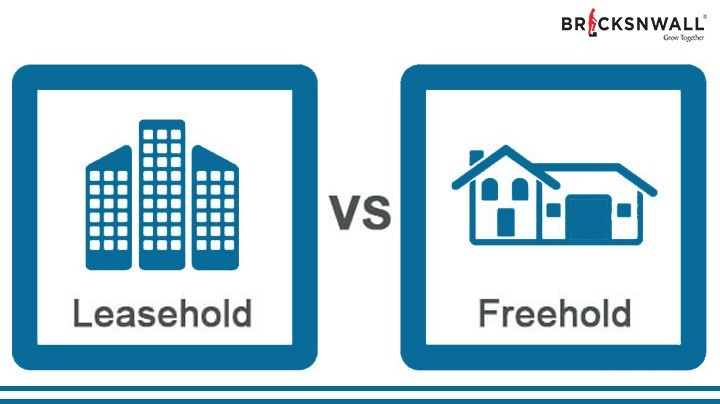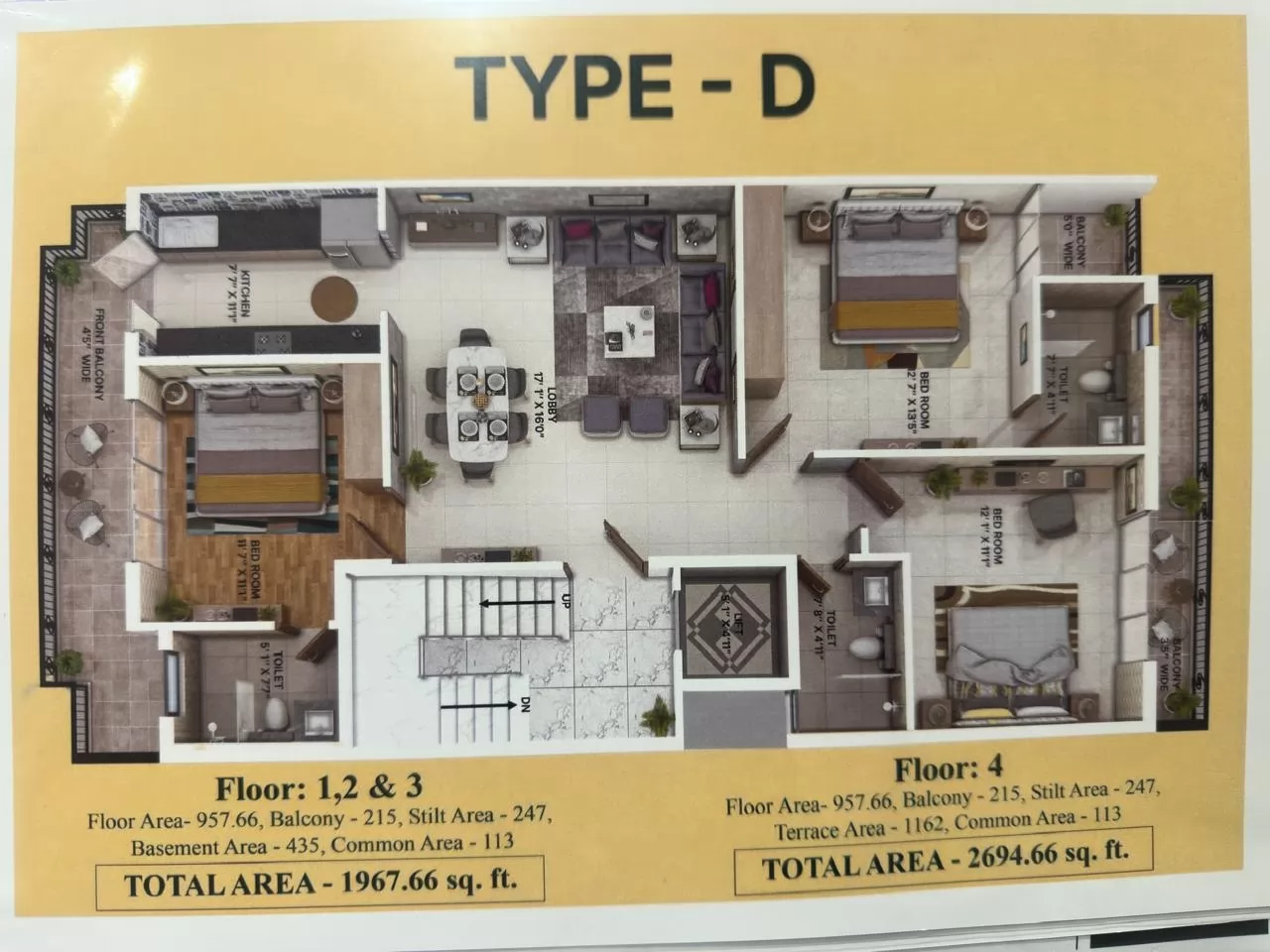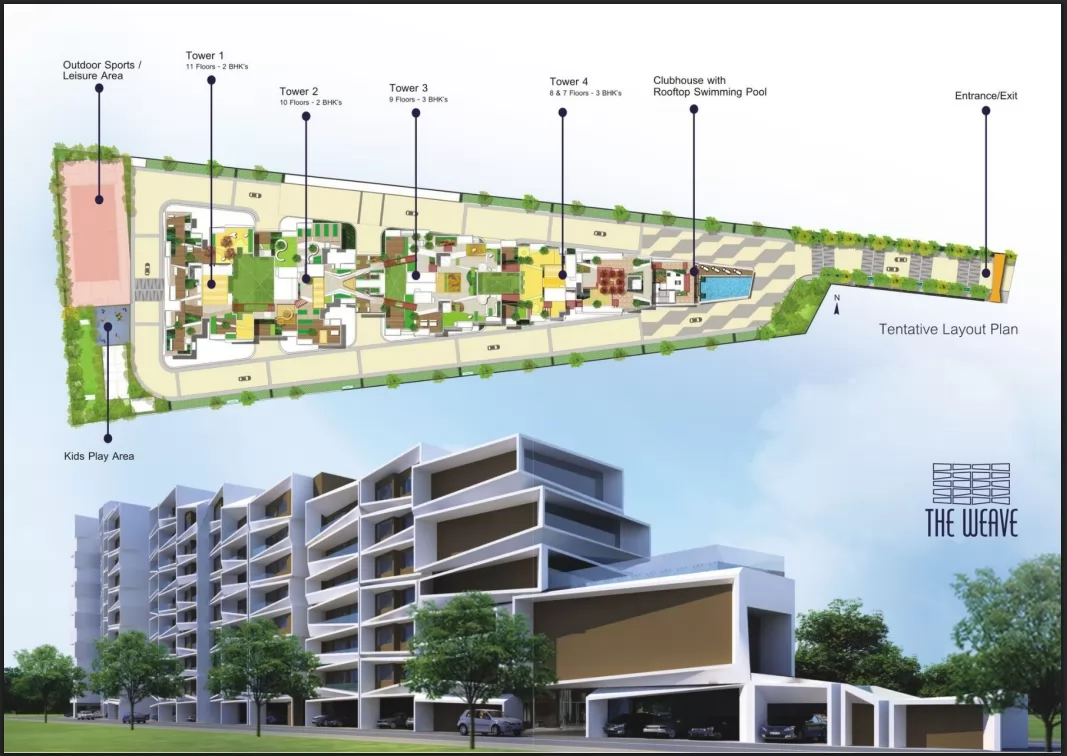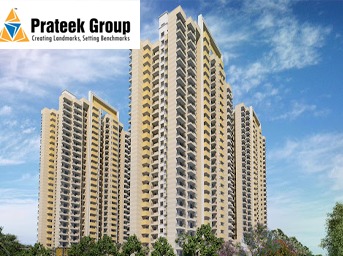Leasehold vs. Freehold Property
Koheli

When buying
or renting a property, there are two main types of ownership: leasehold and
freehold. Each has advantages and disadvantages, and it's important to
understand the differences before deciding. In this blog, we will look at these
two types of property ownership in greater detail to help you make an informed
decision. The primary distinction between leasehold and freehold property is
that a lessee is granted a lease on a leasehold property by the owner. With a
freehold, the owner has complete control over the property and is not subject
to any limitations. In a leasehold property, the lessee does not have unrestricted
and absolute rights over the property, and the lessor imposes various
restrictions.
Leasehold
Property
Leasehold
property refers to a property owned by the leaseholder for a fixed period. This
means the leaseholder has the right to occupy the property for a specified
period, typically between 99 and 999 years. The leaseholder must pay an annual
rent to the freeholder, who owns the land on which the property is built.
One of the
advantages of a leasehold property is that it's typically cheaper to purchase
than a freehold property. This is because the leaseholder only owns the
property for a fixed period, and the freeholder retains ownership of the land.
Leasehold properties are also generally easier to maintain, as the freeholder
is responsible for the upkeep of the building and communal areas.
However,
there are some disadvantages to a leasehold property. For one, the leaseholder
is subject to certain restrictions, such as being unable to make major
alterations to the property without the freeholder's consent. Additionally,
the annual rent can increase over time, and the leaseholder may be required to
pay other fees, such as ground rent and service charges.
Freehold
Property
Freehold
property, on the other hand, is a property that is owned outright by the
purchaser. This means the owner has complete control over the property and the
land on which it is built. Freehold properties are typically more expensive
than leasehold properties but have several advantages.
One of the
main advantages of freehold property is that the owner has complete control
over the property. This means they can make alterations and improvements to the
property as they see fit without seeking permission from anyone else.
Additionally, no annual rents or other fees are associated with freehold
ownership.
However,
freehold ownership also comes with certain responsibilities. The owner is
responsible for the property's maintenance and upkeep and communal areas. They
may be liable for any damage or injury that occurs on the property.
Additionally, freehold properties can be more difficult to sell, as they are
typically more expensive than leasehold properties.
Conclusion
When
deciding on whether to purchase or rent a leasehold or freehold property, there
are several factors that you should consider. The first factor is the cost of
the property. As mentioned earlier, leasehold properties are typically cheaper
to purchase than freehold properties, but the leaseholder must pay an annual
rent to the freeholder. Additionally, there may be other fees associated with
leasehold properties, such as ground rent and service charges, that can
increase over time.
The second
factor to consider is the level of control you want to have over the property.
If you are looking for complete ownership and control over the property, a
freehold property may be your better choice. With a freehold property, you have
the right to make any alterations or improvements to the property without seeking
permission from anyone else. On the other hand, leasehold properties have
certain restrictions and may require the freeholder's consent to make major
alterations or improvements.
Another
aspect to consider is the responsibility level of owning a home. Freehold
properties require the owner to take full responsibility for the maintenance
and upkeep of the property and any communal areas, which can be costly and
time-consuming. On the other hand, leasehold properties require the freeholder
to take responsibility for the maintenance and upkeep of the building and
communal areas.
In addition
to these factors, you should consider your personal preferences and financial
situation. For example, if you are looking for a short-term living arrangement,
a leasehold property may be better for you. A freehold property may be a better
choice if you are looking for a long-term investment.
In conclusion, choosing between leasehold and freehold property requires careful consideration of several factors. While leasehold properties are typically cheaper and easier to maintain, they come with certain restrictions and additional fees. Freehold properties offer complete ownership and control but have greater responsibilities and costs. Ultimately, the decision will depend on your personal preferences and financial situation. It's essential to weigh the pros and cons carefully before deciding.




